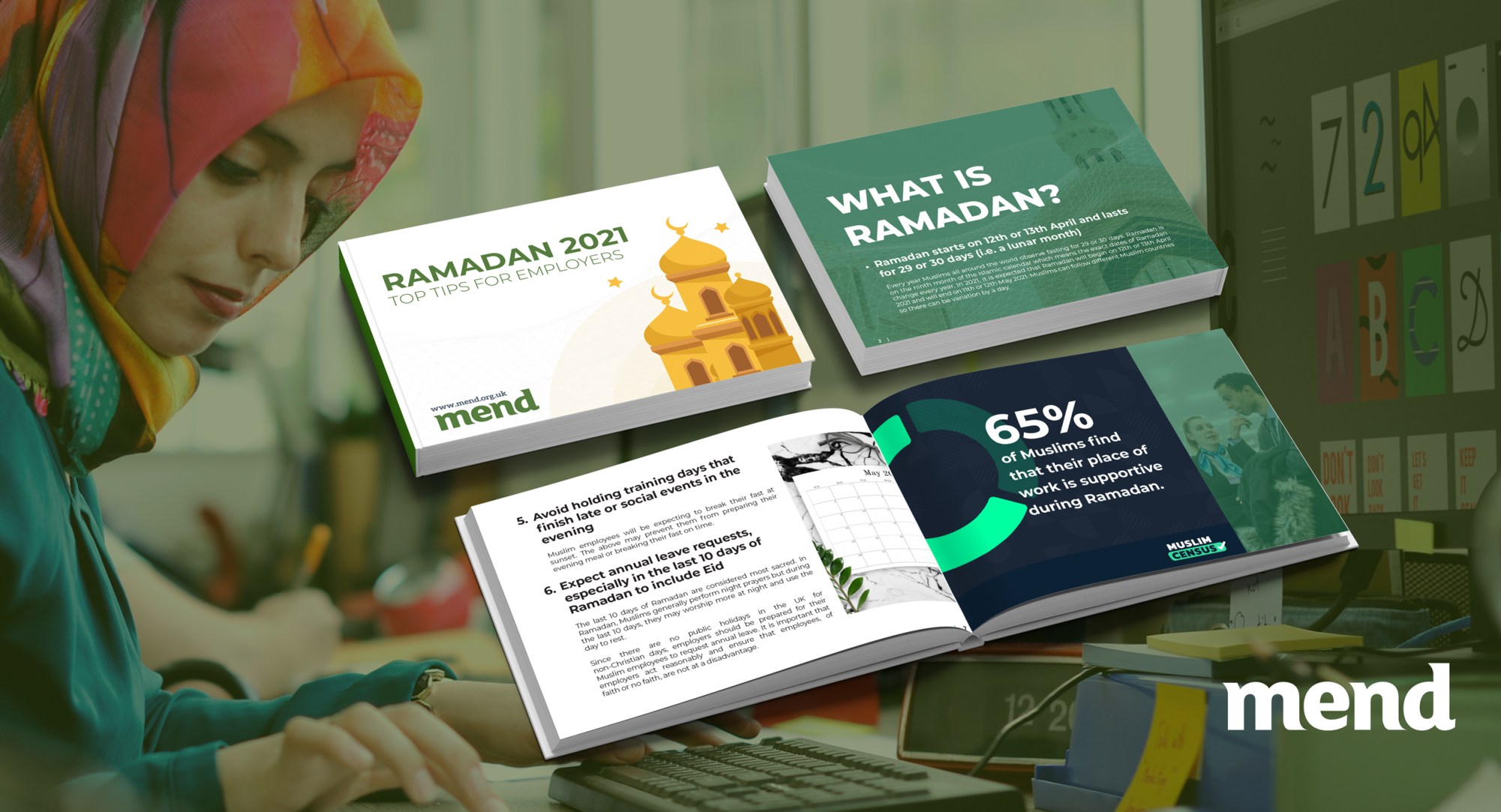Cat Gets The Crème
Eurocell has appointed Cat Hambleton-Gray to drive forward its People First strategy to ensure employees have the opportunity to become the crème de...
Read Full Article
Ramadan has started but what can employers do to make sure their Muslim workers are considered as they go through the holy lunar month of fasting.
In the month of Ramadan, Muslims abstain from eating and drinking from dawn to sunset. They begin their fast with a pre-dawn meal and end it with another meal directly after sunset.
Ramadan ends with the festival of Eid-ul-Fitr which is also known as the ‘Festival of Breaking the Fast’. In 2021, this will be celebrated on either Wednesday 12 May or Thursday 13 May depending on the moon sighting.
So one of the first things employers can do is to make it easy for their Muslim employees to take time off on the 12 & 13 May (and being flexible about which day is cool) and for the following days as family celebrations are the norm - lockdown may cause some restrictions. Another important effort for employers and non-Muslim employers is to remember the date and remember to wish a Happy Eid-ul-Fitr - there are different days of celebration in the Muslim calendar but this is the big one.
Be flexible with working hours
The Employment Rights Act 1996 states that every employee has the statutory right to ask to work flexibly after 26 week’s employment service. It is preferable that pre-agreed arrangements are made between the employer and Muslim employee with regards to flexible shift patterns in the month of Ramadan:
People may prefer to start later in the morning and finish later or they may prefer to start earlier and finish earlier. It's not too late to talk to your employees about their preferences.
Consider requests to substitute lunch breaks for prayer breaks
Where they can, devote Muslims pray five times a day and two of these prayers will fall in the normal working day. Given that Muslims will not be having their lunches, they may request for alternative arrangements to ensure that they can perform all of their prayers during Ramadan. Employers may expect Muslim employees to spread their break entitlements throughout the day to smaller 5 to 10 minutes breaks. Employers may consider dedicating a prayer room in the premises to reduce the amount of time employees need to be away from work.
Anticipate different levels of productivity at different times of the day
Muslims will be fasting up to 16 hours a day. As an employer you may thus find that employees have different levels of productivity throughout the day and this needs to be managed appropriately.
Allow more working from home, where possible
Since the outbreak of Covid-19, more people have been working from home and this has led to increased positive outcomes.
Avoid holding training days that finish late or social events in the evening
Muslim employees will be expecting to break their fast at
sunset. The above may prevent them from preparing their
evening meal or breaking their fast on time.
Expect annual leave requests, especially in the last 10 days of Ramadan to include Eid
The last 10 days of Ramadan are considered most sacred. In Ramadan, Muslims generally perform night prayers but during the last 10 days, they may worship more at night and use the day to rest.
Talk to your Muslim female employees specifically about working arrangements
Greater awareness and work adjustments are likely to lead to an improved well-being and improved sense of being valued by you as their employer. If Muslims feel their workplace is supportive in Ramadan, they are twice as likely to stay at their current place of employment - but Muslim women are far less likely than their male counterparts to ask for their wishes to be considered.
Picture: MEND - Muslim Engagement & Development has produce a Ramadan 2021 - Top Tips For Employers Guide on which the above article is based.
Article written by Cathryn Ellis
13th April 2021